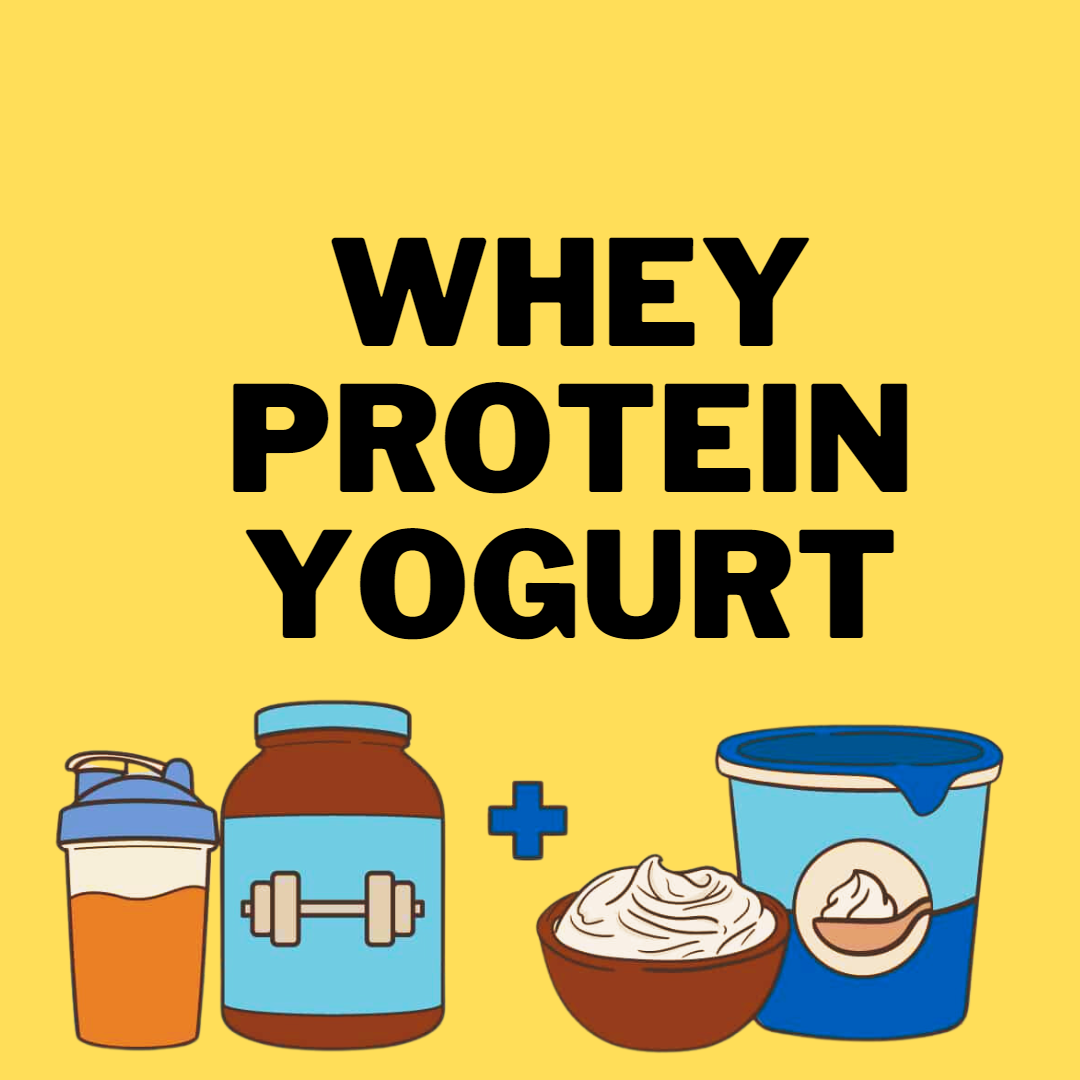Whey Protein Isolate vs. Concentrate: The Ultimate Showdown

Battle of the Wheys: Which Protein Reigns Supreme?
Whey protein isolate vs concentrate- What’s the difference? Whey protein is one of the most popular supplements among athletes, bodybuilders, and fitness enthusiasts. It is a complete protein that contains all the essential amino acids that the body needs to build and repair muscles. However, there are two types of whey protein: isolate and concentrate. In this article, we will explore the differences between whey protein isolate vs concentrate and help you determine which one is right for you.
What is Whey Protein?

What is Whey Protein
Before we dive into the differences between whey protein isolates vs. concentrate, let’s first define what whey protein is. Whey protein is a byproduct of the cheese-making process. It is the liquid that separates from the curd during the production of cheese. Whey protein is a complete protein that contains all the essential amino acids that the body needs. It is easily digestible and quickly absorbed by the body, making it an ideal protein source for athletes, bodybuilders, and fitness enthusiasts.
Whey protein is a type of protein that is found in milk. It is a complete protein, which means it contains all nine essential amino acids that the body cannot produce on its own. Whey protein is quickly and easily digested by the body, making it an excellent choice for athletes and fitness enthusiasts who want to build or maintain muscle mass.
Whey Protein Isolate

Whey Protein Isolate
Whey protein isolate is a form of whey protein that has been processed to remove most of the fat, lactose, and other non-protein components. This results in a protein powder that is over 90% pure protein. Whey protein isolate is typically more expensive than whey protein concentrate, but it is also lower in calories and carbohydrates.
Pros and Cons: Whey Protein Isolate vs Concentrate

Pros and Cons: Whey Protein Isolate vs Concentrate
Pros of Whey Protein Isolate
- High protein content: Whey protein isolate is a very concentrated form of protein, containing over 90% protein by weight.
- Low in calories: Whey protein isolate is typically lower in calories than whey protein concentrate, making it a good choice for those who are watching their calorie intake.
- Low in lactose: Whey protein isolate is also lower in lactose than whey protein concentrate, making it a better choice for those who are lactose intolerant.
Cons of Whey Protein Isolate
- Expensive: Whey protein isolate is typically more expensive than whey protein concentrate.
- Maybe less flavorful: Because many of the flavor components are removed during processing, whey protein isolate may be less flavorful than whey protein concentrate.
Whey Protein Concentrate
Whey protein concentrate is a form of whey protein that has undergone less processing than whey protein isolate. It typically contains between 70-80% protein by weight, with the remaining 20-30% being made up of fat, lactose, and other non-protein components.
Pros of Whey Protein Concentrate
- Cost-effective: Whey protein concentrate is typically less expensive than whey protein isolate, making it a more cost-effective option.
- More flavorful: Whey protein concentrate contains more of the flavor components naturally present in whey protein, making it a more flavorful option.
Whey Protein Isolate vs Concentrate Compared

Whey Protein Isolate vs Concentrate Compared
The decision of whey protein isolate vs concentrate ultimately depends on your individual needs and goals. Both forms of whey protein have their unique benefits, so it’s important to consider what you’re looking to achieve.
If you’re on a tight budget or you’re looking for a protein supplement that tastes great, whey protein concentrate may be the right choice for you. On the other hand, if you’re lactose intolerant or you’re looking for a protein supplement with a higher percentage of protein, whey protein isolate may be the better option.
Now that we’ve discussed the differences between whey protein isolate vs concentrate, it’s time to determine which one is right for you. Here are some factors to consider.
Also, read TOP 6 WHEY PROTEINS FOR STUDENTS/BEGINNER
Protein Content
If you’re looking for a higher protein content, whey protein isolate is the better option. It contains at least 90% protein, while whey protein concentrate contains anywhere from 35% to 80% protein.
Price
Whey protein concentrate is generally cheaper than whey protein isolate. If you’re on a tight budget, whey protein concentrate is a good option.
Lactose Intolerance
If you’re lactose intolerant, whey protein isolate is a better option. It undergoes additional processing to remove almost all the lactose, while whey protein concentrate may still contain small amounts of lactose.
Digestibility between Whey Protein Isolate vs Concentrate

Digestibility between Whey Protein Isolate vs Concentrate
One of the most important factors to consider when choosing between whey protein isolate and whey protein concentrate is digestibility. Many consumers are confused about which type of whey protein is better for digestion, absorption, and ultimately, muscle recovery. Here, we delve into the digestibility differences between Whey Protein Isolate vs Concentrate to help you make an informed decision.
The Basics: What Makes Them Different?
Whey protein isolate undergoes a more extensive filtration process compared to whey protein concentrate. This results in a product that is higher in protein and lower in fats and carbohydrates. The meticulous processing not only increases its protein content but also makes it more easily digestible.
Why Is Whey Protein Isolate More Easily Digestible?
The extra purification process that whey protein isolate goes through removes most of the lactose, fats, and carbohydrates. This results in a more ‘isolated’ form of protein that is easier for the body to digest. Because of its quick absorption rate, whey protein isolate is often recommended for post-workout recovery shakes. It enters the bloodstream more rapidly, delivering essential amino acids to your muscles when they need it the most.
What About Whey Protein Concentrate?
Whey protein concentrate, while still a good source of protein, contains higher levels of fats and carbohydrates, including lactose. These additional components can make it slightly harder to digest, especially for those who are lactose intolerant. However, the concentrated form is often richer in beneficial nutrients found in whole whey protein, such as lipids and immunoglobulins.
The Verdict on Digestibility in Whey Protein Isolate vs Concentrate
In summary, if you are looking for a protein source that is easy on the stomach and quickly absorbed by the body, whey protein isolate may be the better option, particularly for post-workout recovery. However, if you are not lactose intolerant and are looking for a more whole-food protein source with additional beneficial nutrients, whey protein concentrate can also be a good choice.
By understanding the differences in digestibility between Whey Protein Isolate vs Concentrate, you can make a choice that aligns with your fitness goals, dietary restrictions, and nutritional needs.
Whey Protein Isolate
Advantages:
- Higher Purity: Whey protein isolate undergoes more extensive processing to remove fats and carbohydrates, resulting in a product that is around 90-95% protein. This makes it a purer form of protein, which can be easier to digest.
- Quick Absorption: Due to its higher protein content and lower fat and carbohydrate contents, isolate is absorbed more quickly by the body. This rapid absorption is ideal for post-workout recovery when your muscles need immediate protein for repair and growth.
- Lactose-Free: Whey protein isolate is often virtually lactose-free, making it a better option for individuals who are lactose intolerant or have sensitive stomachs.
Drawbacks:
- Cost: The additional processing required to produce whey protein isolate makes it more expensive than concentrate.
Whey Protein Concentrate
Advantages:
- Nutrient-Rich: Concentrate is less processed than isolate, which means it retains more of the beneficial nutrients found in whole whey. Some people believe this makes it a more balanced option.
- Taste: The presence of more fats and lactose makes concentrate generally creamier and more flavorful than isolate.
Drawbacks:
- Slower Absorption: The additional fats and carbohydrates in concentrate make it slower to digest and absorb compared to isolate.
- Lactose: The higher lactose content in concentrate can make it less suitable for individuals with lactose intolerance or sensitive stomachs.
The Bottom Line: Whey Protein Isolate vs Concentrate
When it comes to the debate between Whey Protein Isolate vs Concentrate, the “best” choice ultimately boils down to your individual needs and circumstances.
For Quick Absorption and Sensitivity Concerns
If you’re someone who needs rapid protein absorption, particularly after strenuous workouts, or if you have digestive sensitivities like lactose intolerance, whey protein isolate is generally the way to go. Its high protein content and fast absorption rate make it a favorite among athletes and fitness enthusiasts for post-workout recovery.
For a Balanced Nutrient Profile
Conversely, if you’re looking for a protein source that offers a more balanced nutrient profile, and you’re not particularly concerned with rapid absorption, whey protein concentrate could be more up your alley. It often contains more of the whole-food benefits such as lipids and immunoglobulins, offering a well-rounded nutritional package.
A Personal Choice
Both whey protein isolate vs concentrate have their pros and cons. The “best” option is subjective and largely dependent on your specific nutritional needs, your digestive health, and your personal fitness goals.
Consult a Healthcare Provider
As with any major dietary change or supplement regimen, it’s always a wise idea to consult with a qualified healthcare provider. This ensures that you’re making the best choice for your unique health situation, and you can be better guided on how to integrate whey protein — whether isolated or concentrated — into your lifestyle effectively.
FAQ About Whey Protein Isolate vs Concentrate
Whey Protein Isolate vs Concentrate: The Final Judgment
In the world of protein supplements, the debate between Whey Protein Isolate vs Concentrate has long been a subject of discussion and scrutiny. Ultimately, both forms serve as excellent sources of high-quality protein, but they differ in a few key areas that could influence your decision.
The Nutritional Showdown
Whey protein isolate boasts a higher protein content by weight, often reaching upwards of 90%. This makes it a powerful ally for those focused on maximizing their protein intake. Additionally, it contains less lactose, which benefits individuals who are lactose intolerant or have other digestive sensitivities.
Whey protein concentrate, on the other hand, usually contains around 70-80% protein by weight. What it lacks in protein density, it makes up for in flavor and a more balanced nutritional profile. It retains more of the fats and carbohydrates found in whole whey, which can include beneficial nutrients like lipids and immunoglobulins.
Cost and Taste Considerations
It’s also worth mentioning that whey protein concentrate is generally more cost-effective. For those on a budget, this can be an important consideration. Many users also find the taste of concentrate to be superior, which can make for a more enjoyable consumption experience.
Making Your Choice: Individual Needs and Goals
When navigating the choice between Whey Protein Isolate vs Concentrate, your decision should hinge on your individual needs and goals. If you require quick protein absorption for post-workout recovery, or if you’re looking to minimize lactose and fat, isolate may be your best bet. If you’re searching for a more well-rounded nutrient profile and are not as concerned about the speed of protein absorption, concentrate could be the way to go.
A Universal Benefit
Regardless of whether you opt for whey protein isolate vs concentrate, incorporating whey protein into your diet can offer numerous health benefits. From muscle recovery and growth to weight management, both forms have a lot to offer.
- Where to Find the Best Plum Cake in Bangalore for Christmas & New Year - November 23, 2025
- Water Intake Calculator: Everything You Need to Know - September 7, 2024
- 5 Weight Gain Drink Recipes for Healthy Bulking - March 29, 2024










12 thoughts on “Whey Protein Isolate vs Concentrate? Which One is Good?”